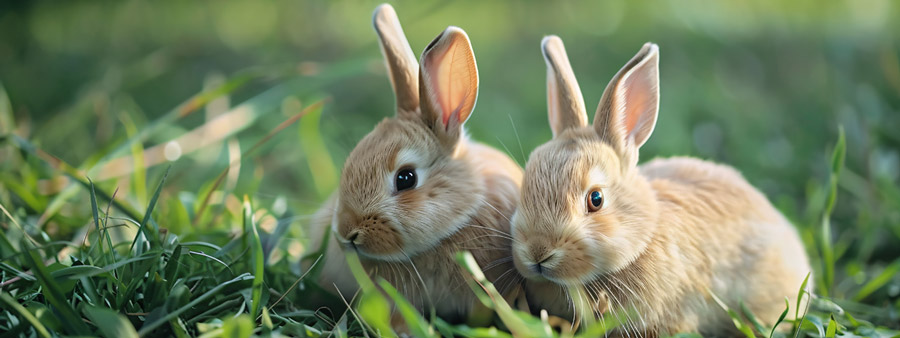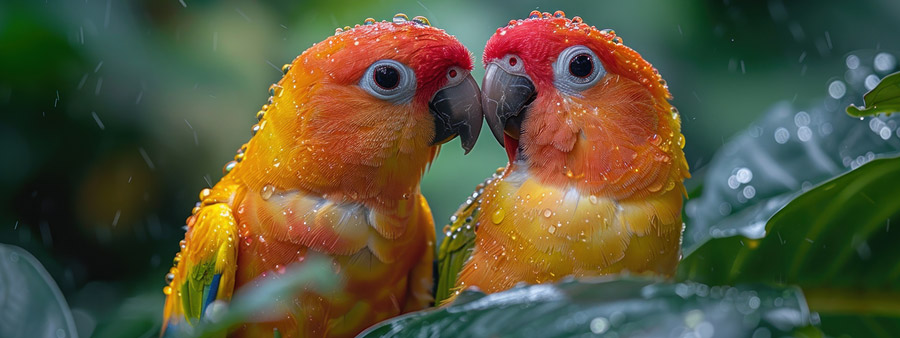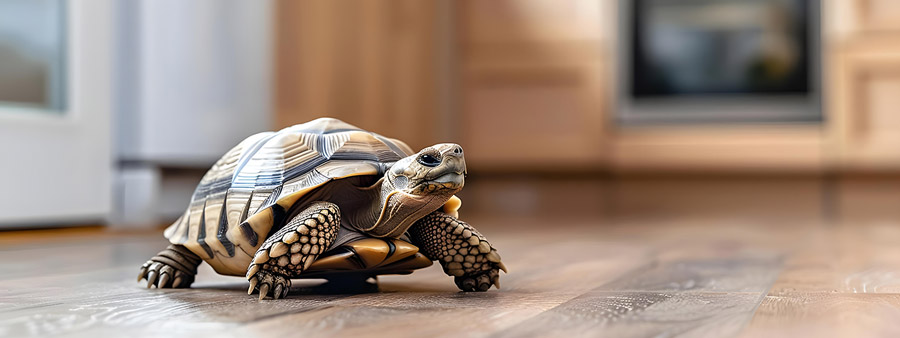People who are depressed can benefit greatly from the joy, comfort and friendship that pets provide. Here are 10 pet animals for Emotional Support.
Table of Contents
Dogs
Dogs are trustworthy and give unconditional love. They increase physical activity, which is good for mental health. Dogs, who are considered man’s best friend, are the perfect support animals for a host of evident reasons.
They are amiable and teachable; they have evolved to read human emotions and react to our wants and demands. Certain canine breeds are better than others at providing emotional support.

Cats
Cats are known for their soothing energy. Petting a cat can induce relaxation and produce chemicals that reduce stress. They are devoted, kind and incredibly be surprising pets that are quite easy to take care of around the house, whether they are playing with a toy or snuggled up and purring on your lap. Laws regarding emotional support animals should also make it simple for them to obtain a license.

Rabbit
Rabbits are gentle and love being petted. Their playful antics can provide a source of entertainment and distraction. As playful, loving, and gentle pets, rabbits are wonderful. Rabbits are a great pet for people who needed emotional support since they can help lower stress and anxiety levels and offer companionship.

Fish
Observing fish swimming might be soothing. Your mind stops thinking about stressful circumstances while you watch the fish move. Your mood lifts as you turn your attention to the decorations. Taking care of an aquarium may be a calming and meditative hobby.

Guinea Pig
Guinea pigs are friendly animals that love interacting with people. Their gentle nature and vocalizations can be comforting. Due to their size, ease of care, and cuddling aspect, guinea pigs make excellent emotional support pets for homes. There are several reasons why guinea pigs are beneficial as emotional support animals. They live an average of five to seven years and are generally healthy. It is not too difficult to house and take care of guinea pigs.

Bird
Parakeets and cockatiels are two examples of birds that make great friends. Their singing and chirping have an uplifting effect. They are able to sense their owners’ tension, rage, and distress before these bottled-up emotions become apparent.

Hamster
Pet hamsters are easy to handle and require little maintenance. Their small size makes them suitable for those with limited space. People with emotional problems can benefit from the ease and effectiveness of owning hamsters.

Turtle
Turtles are calm and easygoing. Watching them move about their habitat can be a serene and relaxing experience. Turtles provide a sense of companionship and can combat loneliness.

Horse
The therapeutic effects of equine therapy have been acknowledged. Being with horses can help people feel at ease and connected. It appears that there is a heart rate interaction between the human and horse “energy fields.” People usually feel calmer around horses because of their extremely steady heart rhythm.

Llamas And Alpacas
Although they might not seem like the most obvious choices for our list, South American domesticated hoofed animals like llamas and alpacas make wonderful support animals. They are inherently kind, friendly, and sympathetic as long as they grow up in a human-populated environment.

Therapy Animals
Consider about a certified therapy animal, such as a therapy cat or dog. These animals have received training on how to support and soothe those who are struggling with mental health issues.
It’s crucial to remember that everyone has different opinions, and that a person’s lifestyle, housing situation, and capacity for animal care all play a role in whether or not a pet is appropriate. Before choosing a pet, it’s also important to take into account any available space, and the level of commitment needed for each sort of pet. Seeking advice from a mental health specialist or a pet adoption specialist can also be very beneficial.







